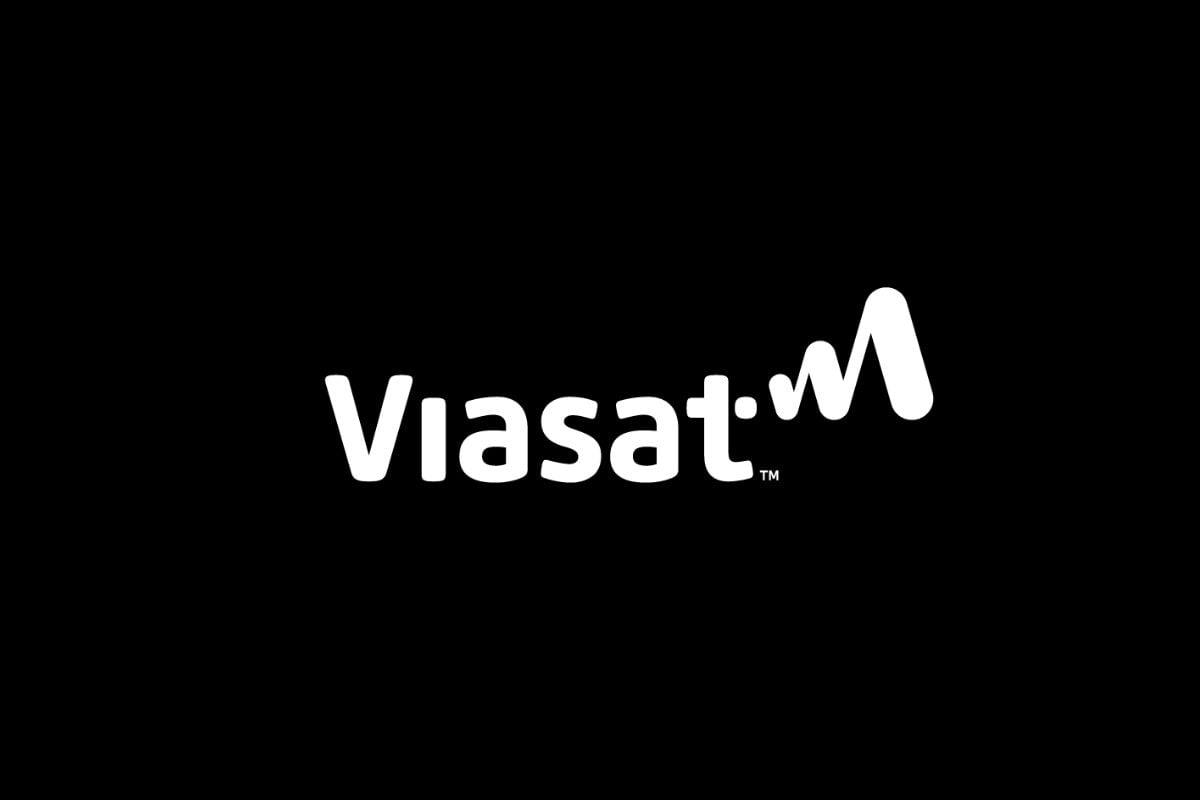
US-based geostationary satellite operator Viasat has followed its peers to reportedly launch fast internet from space in India very soon. The global satellite player valued at $2.25 billion is seeking approvals from the Indian government, which once approved would allow the operator to deploy two new satellites to deliver advanced broadband connectivity solutions in India. This update comes as Viasat’s competitors OneWeb and Elon Musk-led SpaceX have announced their plans to launch satellite internet operations.
Satellite Broadband Connectivity Solutions to be Provided by Two Under Construction Satellites
Viasat’s spokesperson has commented on the matter by saying that their company has filed applications with the Indian government and relevant agencies. Viasat seeks authority to use two of their Ka-band Viasat-3 satellites. These satellites are currently under construction, but Viasat looks forward to leveraging them once the Indian market opens to advanced broadband connectivity solutions. Other players in the market like SpaceX and OneWeb are also ready to start satellite internet operations in the country next year.
Amazon is currently exploring the space broadband connectivity segment as part of its Project Kuiper, which is a global space internet initiative. In India, Viasat has offices in Chennai, where the company’s staff is working on satellite access platforms and gateways. They are also working on developing web applications and management systems for their products and broadband businesses. Viasat’s spokesperson stated that the employee base in Chennai influence every aspect of Viasat’s broadband business and are key players in its global expansion.
Indian Government to Create a Level Playing Field for Private Satellite Builders
To ensure that global market players get to serve the Indian market, in 2020, India’s Finance Minister Nirmala Sitharaman had assured that the Indian government would create a level playing field for private satellite builders, satellite launchers and space-based service providers. This step would not only ensure fair competition in the market but also provide consumers with a number of alternatives to choose space-based broadband service providers.
A new space communications policy was also introduced in this regard which will bring a foreseeable regulatory mechanism in this upcoming market. A policy like space communication is very crucial in markets like India, where a few major players face cutthroat competition with each other. Leading telecom operators in India like Bharti Airtel and Reliance Jio have been pressuring the government to auction half of the coveted 28 GHz frequency band on which Viasat plans to run their satellites. The local telecom operators wish to use these high-value airwaves for 5G services.















